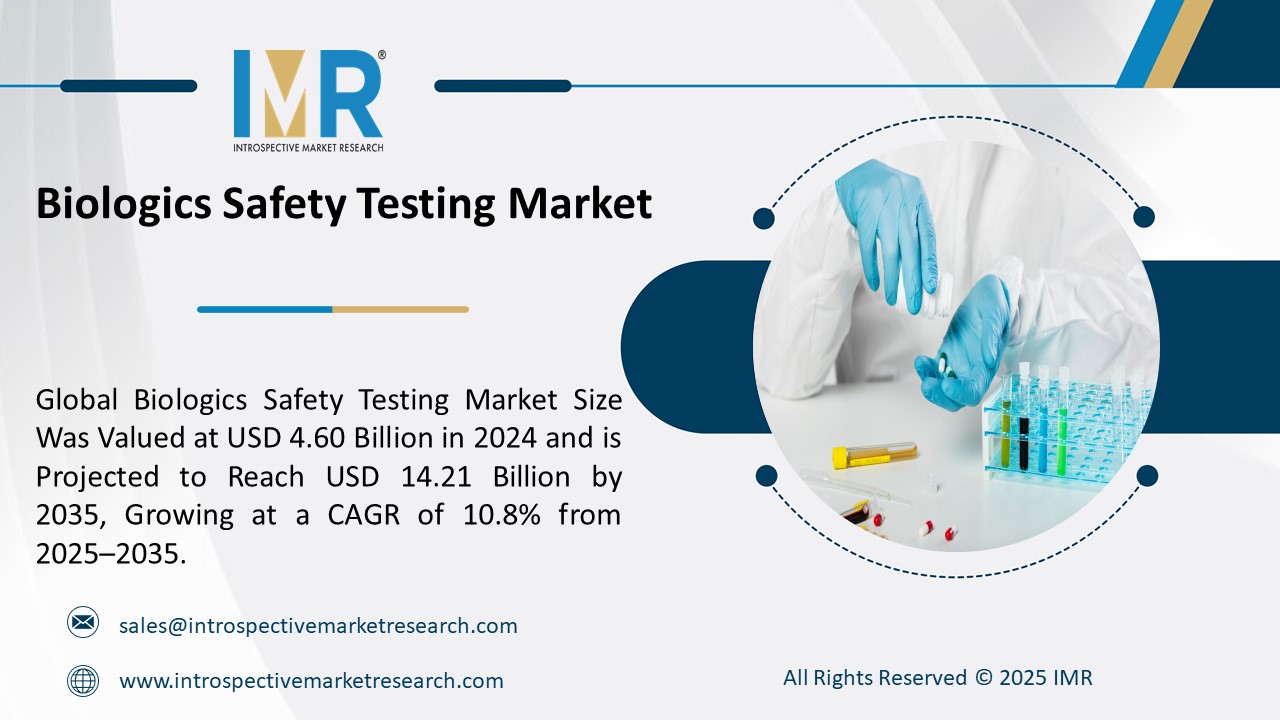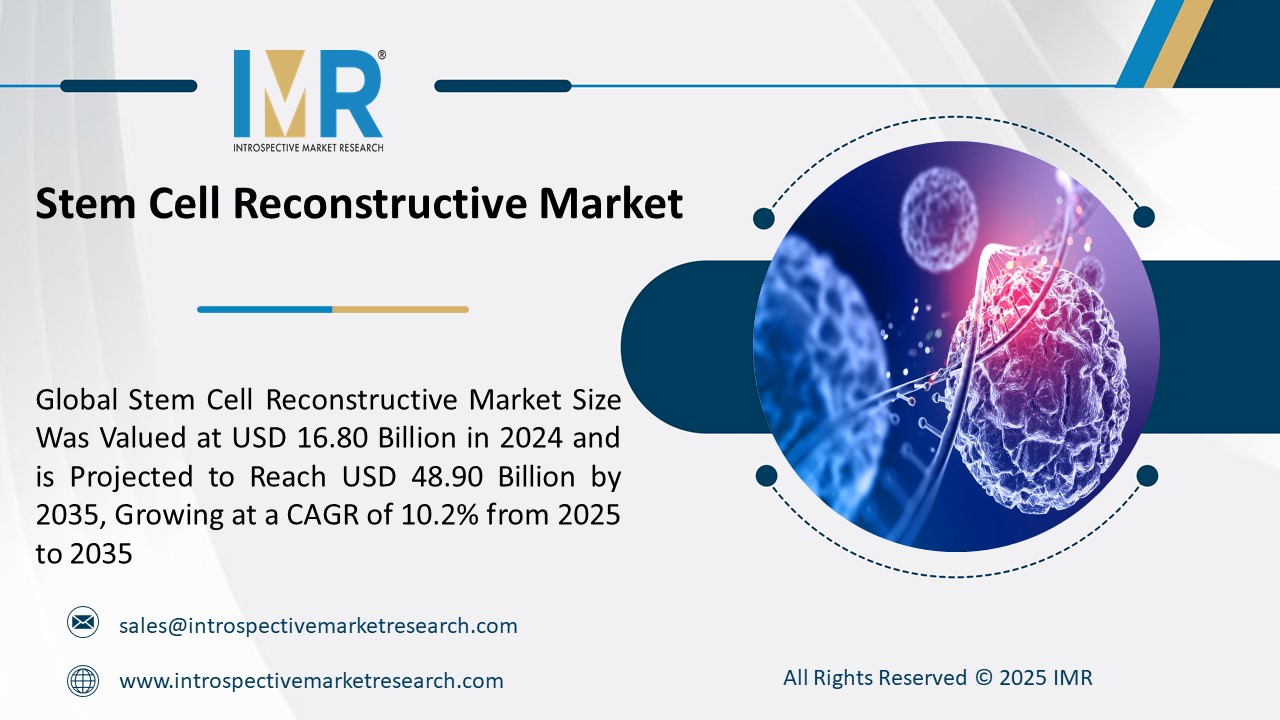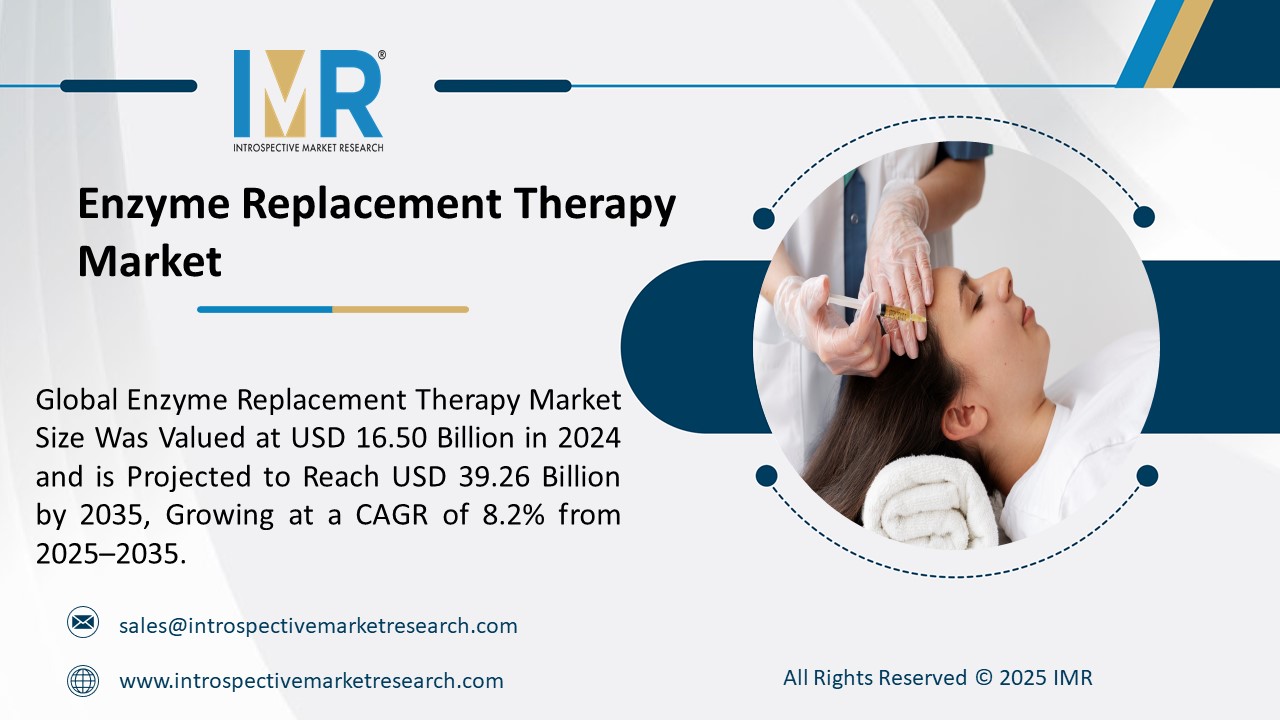
According to a new report published by Introspective Market Research, titled, ?IgG4-Related Disease Market by Application and Packaging Type: Global Opportunity Analysis and Industry Forecast, 2024?2032,? the global IgG4-Related Disease Market Size Was Valued at USD 3.65 Billion in 2023 and is Projected to Reach USD 5.30 Billion by 2032, Growing at a CAGR of 4.22% From 2024-2032.
Immunoglobulin G4-related disease (IgG4-RD) is a chronic immune-mediated disease that may present with tumefactive lesions, fibrosis, and a polyclonal IgG4-positive (IgG4) plasma cell-enriched infiltrate in nearly any anatomic site. IgG4-related disease (IgG4-RD) was described in Japan in the first years of the 21st century, characterized pathologically by the infiltration of IgG4-bearing plasma cells into involved organs.
IgG4-RD presents with a wide range of symptoms, mimicking other conditions like cancers, infections, and autoimmune diseases. Therefore, accurate diagnosis often requires a combination of clinical evaluation, imaging, histopathological examination, and serological tests. The identification of elevated serum IgG4 levels and specific histopathological features (such as dense lymphoplasmacytic infiltrate and storiform fibrosis) are crucial for confirming the diagnosis.
Advances in identifying biomarkers for IgG4-RD have the potential to revolutionize its diagnosis and monitoring. Reliable biomarkers could enable early detection and assess disease activity and response to therapy, facilitating more personalized treatment plans. Ongoing research is focused on discovering and validating these biomarkers.
Traditional treatments for IgG4-RD, such as corticosteroids and immunosuppressants, often lead to significant side effects and require long-term management. The development of targeted biological therapies, such as monoclonal antibodies (e.g., rituximab and obexelimab), represents a major advancement. These therapies specifically target components of the immune system involved in IgG4-RD, potentially offering more effective and safer treatment options.
Global IgG4-Related Disease Market, Segmentation
The IgG4-Related Disease Market is segmented based on packaging type, application, and region.
Drug Type:
By Drug Type, the Prednisone segment held the largest share in 2023. Treatment for IgG4-RSD traditionally has involved prednisone, a steroid medication. Prednisone has proven very effective in treating this condition. The initial recommended dose of oral prednisolone for induction of remission is 0.6 mg/kg/day, administered for 2-4 weeks. This dose is gradually tapered to a maintenance dose of 2.5-5 mg/day over a period of 2-3 months. Prednisone is often the first-line treatment for IgG4-related disease (IgG4-RD) due to its potent anti-inflammatory properties. IgG4-RD is characterized by tissue inflammation and fibrosis, and prednisone helps reduce inflammation and suppress the immune response, which can alleviate symptoms and prevent disease progression.
Disease Type:
By Disease Type, Type 1 (IgG4-Related) Autoimmune Pancreatitis (AIP) segment is expected to dominate the market during the forecast period. Type 1 AIP is the most common subtype of autoimmune pancreatitis. Its prevalence is higher compared to other types, contributing to a larger patient pool and market demand. Improvements in diagnostic techniques have led to better identification and understanding of Type 1 AIP. This increased detection contributes to its dominant position in the market. Therapeutic developments tailored specifically for Type 1 AIP have enhanced patient outcomes. As treatment options become more effective and tailored to this subtype, it further solidifies its dominance in the market.
Although commonly observed, approximately 32% (7?40%) of the patients with type 1 AIP may develop pancreatic calcification or chronic pancreatitis. The association of malignant tumors with type 1 AIP or IgG4-RD is controversial, several cases of pancreatic cancer or other malignancies have been described in patients with AIP or IgG4-RD.22,40?44) In recent reports,22,40?44) in about 1,000 patients, 8.5% (10.1?13.9%) of IgG4-RD cases and 1% of AIP cases (2.1?13.9%) exhibited malignant tumors. Therefore, it is noted that pancreatic cancer or other malignant tumors may be complicated with AIP or IgG4-RD.
Region:
Asia Pacific is Expected to Dominate the Market Over the Forecast Period. Igg4-related disease is more prevalent in certain Asian populations compared to others. Japan, for example, has a relatively high prevalence of the disease. There may be higher awareness and better diagnostic capabilities for IGg4-related diseases in the Asia Pacific region, leading to more accurate diagnoses and higher reported cases. The Asia Pacific region is home to many pharmaceutical and biotech companies conducting research and development in the field of rare diseases, including IGg4-related diseases. These companies may be more focused on addressing the needs of their local populations, driving innovation and investment in this area, which is expected to boost the regional market growth.
Some of The Leading/Active Market Players Are-
- Zydus Group (India)
- Hikma Pharmaceuticals PLC (U.K.)
- Lannett (U.S.)
- Sun Pharmaceutical Industries Ltd. (India)
- Baxter (U.S.)
- Viatris Inc. (U.S.)
- Amgen Inc. (U.S.)
- Sandoz Group AG (Switzerland)
- Fresenius Kabi AG (Germany)
- Pfizer Inc. (U.S.)
- Cipla Inc. (India)
- Celltrion Healthcare Co., Ltd. (South Korea)
- Antares Pharma (U.S.)
- Amneal Pharmaceuticals LLC, and Other Active Players
Key Industry Developments
- In June 2024, Amgen announced positive topline results from its randomized, double-blind, multicenter, placebo-controlled Phase 3 clinical trial (NCT04540497) evaluating the efficacy and safety of UPLIZNA? (ibalizumab-con) for the treatment of Immunoglobulin G4-related disease (IgG4-RD). The trial met its primary endpoint, showing a statistically significant 87% reduction in the risk of IgG4-RD flare compared to placebo (Hazard Ratio 0.13, p<0.0001) during the 52-week placebo-controlled period.
- In August 2023, Zenas BioPharma released Phase 2 trial results evaluating obexelimab for treating IgG4-related disease (IgG4-RD). Based on positive outcomes, a Phase 3 trial is underway, aiming to further assess the efficacy and safety of obexelimab via subcutaneous injection, showcasing promising advancements in treating IgG4-related disease within the market.





